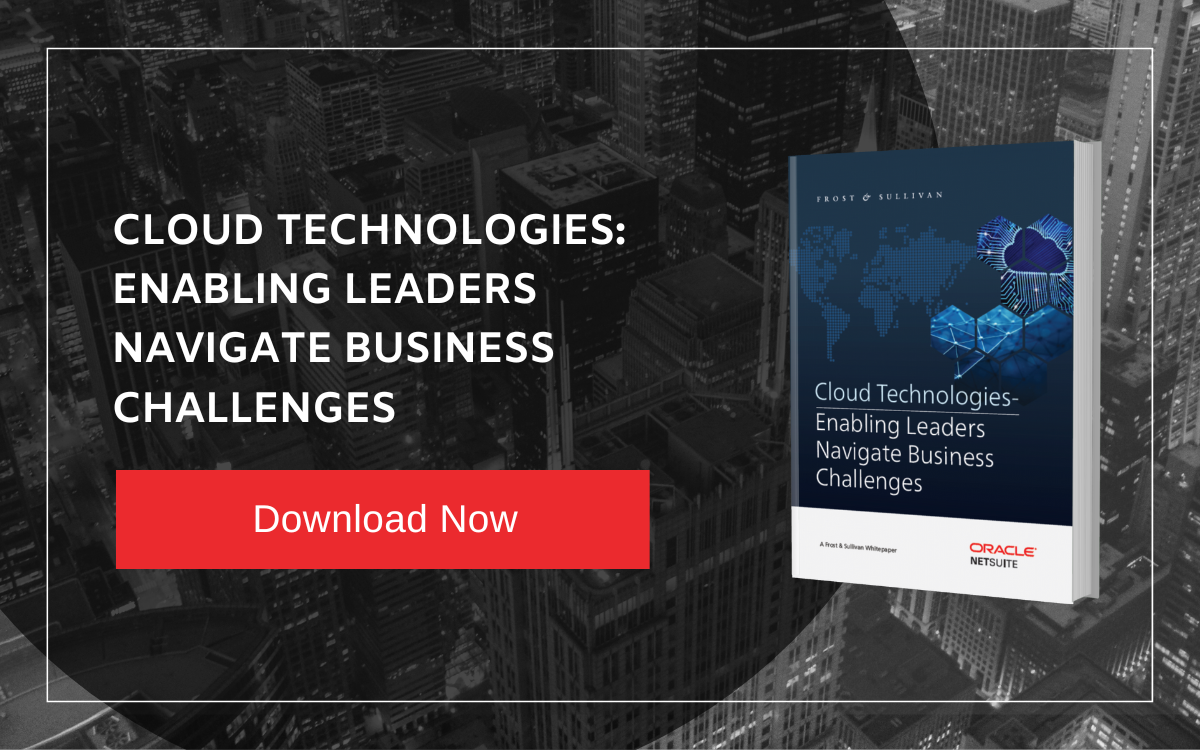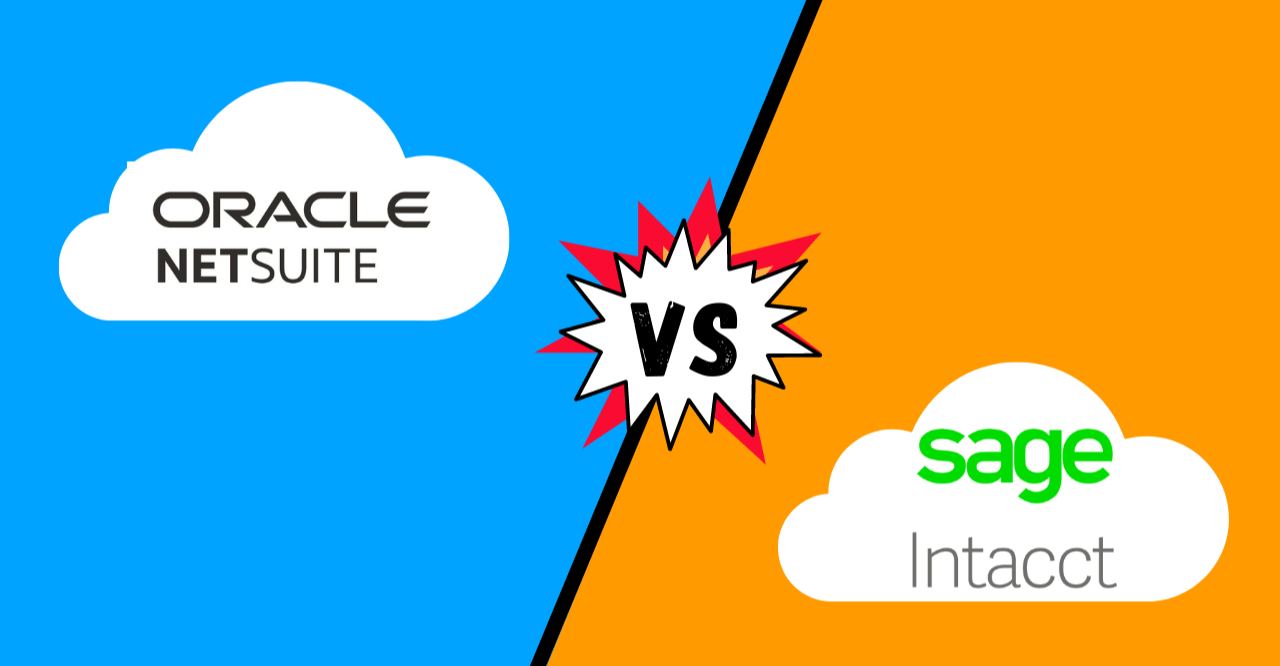The COVID-19 pandemic led to massive changes in the way work is done in various industries in 2021.
This is especially the case for the healthcare industry – the one industry at the forefront of efforts to combat the pandemic – which saw an increase in focus on technological innovation in the past year.
However, the experiences of the past year have highlighted the need for the healthcare industry to increase access to healthcare that consumers and providers alike can understand and trust.
To do that, healthcare organsiations like yours will need to maintain a high level of agility in its operations, collaboration within and between other organisations in the industry, and increase utilisation of solutions that increase visibility into your day-to-day processes.
And this will inform the technological trends that will become most prevalent in the healthcare industry in 2022; knowing what they are means you can position your business to get ahead of these trends, and take advantage of them to equip your business with the right tools for the industry challenges ahead.
Here are the five technology trends that your healthcare organisation should be prepared for in 2022.
1. The Rise Of Telemedicine

When social distance and stay-at-home orders disrupted the care delivery model during the COVID-19 pandemic, telemedicine became an indispensable tool for healthcare professionals to provide care delivery for patients.
But according to Vikram Savkar, the Senior VP of Health Learning, Research & Practice, telemedicine will persist beyond it and establish itself as a significant fixture in the healthcare ecosystem in 2022.
With telemedicine projecting market growth from $79.79 billion in 2020 to $396.76 billion in 2027, telemedicine will be one of the technology trends that will dominate the healthcare industry in 2022 and beyond.
While many forms of healthcare delivery will gradually return to in-person delivery models as the effects of the pandemic recede, certain specialties such as mental health and urgent care will begin shifting to a predominantly virtual model in 2022 instead.
To that effect, many healthcare organisations like yours are deploying solutions which enable real-time access to patient information, as well as seamless collaboration among their staff.
Such communication and collaboration tools will be vital to give your clinicians full, fast access to patient records, test results, peer collaboration and other resources.
An example of this is Northwell Health in New York City, which began using Microsoft Teams as their collaboration platform in 2019.
This move gave the healthcare organisation a foundation for seamless, yet HIPAA-compliant collaboration capabilities, which greatly complements their decision-making and patient management processes.
Here Are Some Ways You Can Enhance Collaboration In Your Organisation WIth Microsoft Teams.
2. Increased Adoption Of AI-Powered Solutions

While the healthcare industry has understandably been focusing on mitigating and controlling the spread of the COVID-19 pandemic over the past two years, this has come at the cost of other medical priorities.
According to Mackenzie Weise, the Infection Prevention Clinical Program Manager for Clinical Surveillance & Compliance, “Data show that while hospitals have allocated more resources to infection prevention and control efforts to contain COVID-19, it has largely come at the expense of controlling other, far too common, healthcare-associated infections (HAIs).”
Because of this, healthcare institutions such as hospitals will increasingly adopt AI-powered technology to enable proactive and real-time monitoring of their patients, to help them achieve their goal of controlling COVID-19 as well as all other HAIs.
That’s because AI algorithms can help healthcare businesses like yours mine medical records, create drugs, and design treatment plans more efficiently and effectively.
It can also help your business reduce cost, track your patients’ adherence to their prescriptions, improve the security of your patients’ data, and increase the accuracy of diagnoses.
It is therefore no surprise that AI in the global healthcare market was valued at US$6.7 billion in 2020, and forecasts indicate that this will expand at a compound annual growth rate (CAGR) of 41.8% from 2021 to 2028.
3. The Growing Importance Of Big Data And Analytics

Over the past two years, the COVID-19 pandemic made it clear that healthcare organisations like yours must able to make informed decisions if they are to adapt to rapidly-changing conditions in the industry
In turn, it’s also highlighted the importance of Big Data and analytics in generating actionable insights in real-time, thus enabling businesses like yours to be sufficiently responsive to disruptive events in the future.
This is especially important, as the adoption of technology by healthcare organisations like yours results in massive amounts of data being generated, which can be used for various purposes such as predicting and preventing future epidemics, and minimising costs, with the right tools.
For example, machine learning (ML) tools such as natural language processing (NLP) and text mining can help your organisation derive valuable insights from your data.
Because of this, healthcare professionals and organisations like yours are taking advantage of this technology, with the healthcare predictive analytics market projected to grow from $3.74 billion in 2019 to $28.77 billion by 2027.
4. Healthcare Systems Will Be Moving To The Cloud

To take advantage of the technological trends previously mentioned, healthcare organisations will need to establish a strong technological infrastructure that’s capable of supporting their growing digital needs.
Because of this, another trends that will define the healthcare industry in 2022 is the move towards cloud computing throughout the sector.
A cloud-based software solutions such as Oracle NetSuite provides on-demand data storage that offers significant savings on capital and operational expenses, allowing healthcare organisations to store their electronic medical records (EMRs) in the cloud without the need to invest in hardware servers.
Cloud-based solutions are also ideal for supporting the AI processes and data analytics capabilities that healthcare organisations like yours will become increasingly reliant on.
Because of this, the global market for healthcare cloud computing is expected to grow from US$28.1 billion in 2020, to US$64.7 billion by 2025.
5. Increased Investment In Cybersecurity

Apart from the operational challenges that the COVID-19 pandemic, ransomware and data breaches have plagued healthcare organisations like yours all throughout 2021.
With the healthcare industry increasingly shifting to technological solutions that enable telemedicine, AI-powered tools and data analytics in light of the pandemic, malicious actors will have more points of vulnerability to attack than ever.
Because of this, healthcare organisations like yours will be incentivised to bolster their cybersecurity capabilities, more than ever before in 2022.
Some of these investments will include security awareness training for your entire workforce, as well as further investments in technological solutions that automate security processes such as keeping systems updated with the latest patches.
Technology Will Define The Post-pandemic Healthcare Industry

Organisations and institutions in the healthcare industry have been rapidly digitalising their operations as a response to the disruption caused by the COVID-19 pandemic over the past two years.
And this will influence the technological trends that will define the healthcare industry going into 2022, as well as in the near future.
Telemedicine will become a significant avenue of care delivery, necessitating the adoption of collaboration platforms that facilitate communication between healthcare professionals and their patients, as well as their colleagues.
AI will also play a big role in complementing existing healthcare delivery processes, while data analytics solutions will help healthcare organisations like yours derive useful insights from raw data to better prepare them for the next big medical event.
Such rapid technological adoption in the healthcare industry will also expose more vulnerabilities for malicious actors, making it necessary to invest further in cybersecurity capabilities.
To ensure that your healthcare organisation has the foundation necessary to take advantage of these emerging technological trends, a shift towards cloud computing will be necessary.
And a true cloud ERP software like Oracle NetSuite can be the ideal solution to support this transition towards the cloud, and digitally transforming your healthcare organisation in anticipation of these trends.
To find out more about how moving to the cloud can help your organisation navigate business challenges now and in the future, click on the image below to learn more.




